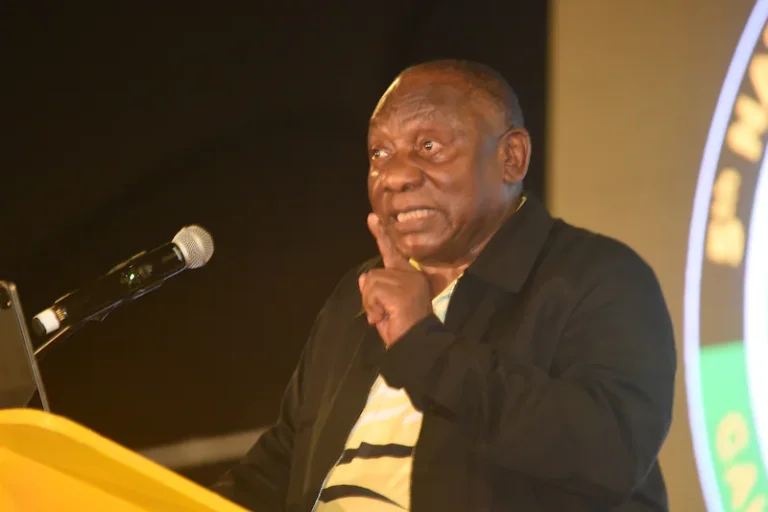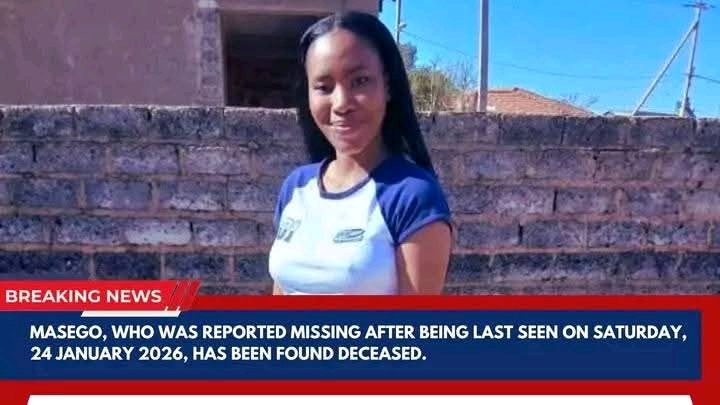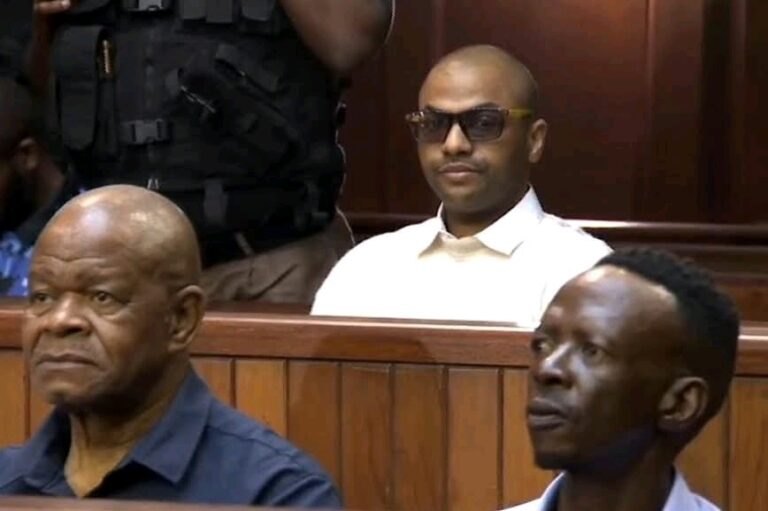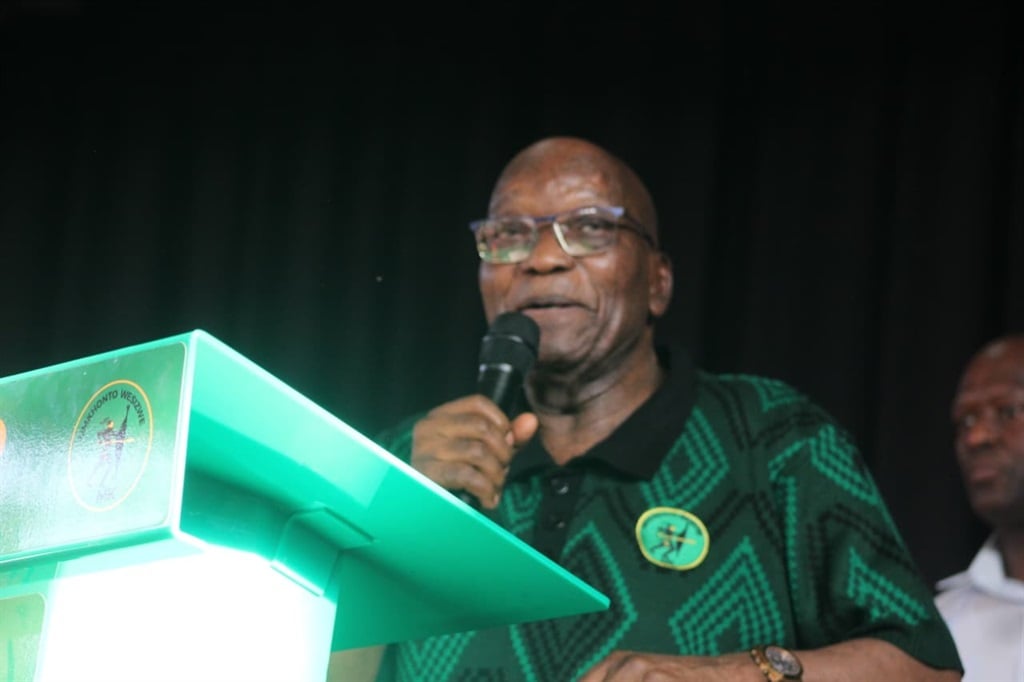
Former President Jacob Zuma has made a dramatic and controversial call: the immediate arrest of President Cyril Ramaphosa. Speaking at the Phuthaditjhaba Multipurpose Hall in the Free State on Sunday, 31 August, Zuma—now leader of the uMkhonto weSizwe (MK) Party—accused Ramaphosa of abusing his power and receiving preferential treatment while allegations around the Phala Phala farm scandal remain unresolved.
Zuma’s remarks came amid mounting frustration over the slow pace of investigation into the scandal. According to Zuma, Ramaphosa allegedly stole money and hid it under a mattress at his farm—yet, despite this serious accusation, law enforcement has taken no action.
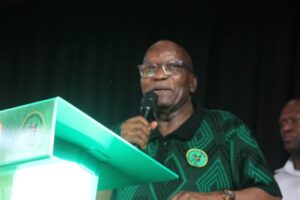
During his address, Zuma went further, accusing the South African legal framework—including the Constitution itself—of being structured to oppress Black people and disproportionately favor the privileged. He claimed that Ramaphosa exemplifies those benefiting from such a system, especially since he has signed laws that shield him from arrest “despite controversy of having foreign money in his mattress”.
“We call for the immediate arrest of President Ramaphosa over the Phala Phala scandal,” Zuma declared emphatically. “We have noted with concern that the president has allegedly stolen money and hid it under a mattress on his farm—and law enforcement has done nothing.”
Zuma’s critique extended beyond a single individual, touching on perceived systemic failures. By framing Ramaphosa as “above the law,” he tapped into broader public sentiment and exposed deep institutional distrust. Political figures and commentators interpreted Zuma’s fiery statements as both a direct attack on the presidency and a broader indictment of South Africa’s political and economic status quo.
The Phala Phala scandal itself has long been a source of controversy. While details were not fully outlined in this piece, it refers to allegations that Ramaphosa failed to properly declare significant foreign currency proceeds from a sale of buffalo at his farm, raising legal and ethical questions about transparency and accountability.
Zuma’s invocation of the scandal thus serves a dual purpose: it rallies his base around allegations of executive privilege and corruption, while simultaneously reinforcing his broader narrative that the country’s laws—and those who enforce them—are skewed against ordinary South Africans.
As a polarizing political figure, Zuma’s call poses a direct challenge to the authority of the sitting president. It remains to be seen how law enforcement, the judiciary, and political institutions will respond. Will these allegations spur formal investigations—or will they be dismissed as political theater?


